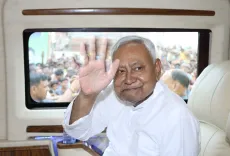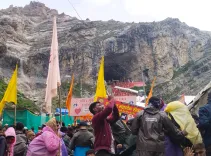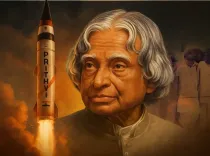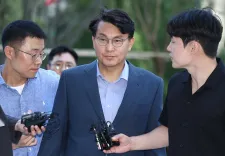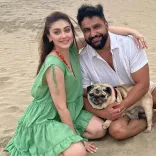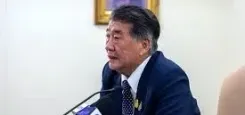CJI to Review In-House Inquiry Report on Cash Found at Judge's Home
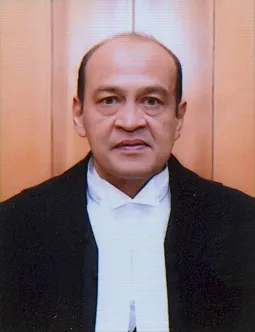
Synopsis
Key Takeaways
- Chief Justice Sanjiv Khanna to review report on cash discovery.
- Inquiry was initiated by Chief Justice D.K. Upadhyaya.
- Significant cash found during a fire brigade visit.
- Transfer proposal for Justice Varma is separate from the inquiry.
- Misinformation regarding the incident has been addressed.
New Delhi, March 21 (NationPress) Chief Justice of India (CJI) Sanjiv Khanna is set to receive the report on Friday, which was compiled by Delhi High Court's Chief Justice D.K. Upadhyaya, following the discovery of a significant amount of unaccounted cash at the dwelling of a high court judge in the national capital.
"The Chief Justice of the Delhi High Court, who initiated his enquiry before the Collegium meeting on March 20, 2025, will present his findings to the Chief Justice of India today, March 21, 2025. This report will be reviewed and necessary actions will be taken accordingly," stated a Supreme Court announcement.
According to media reports, a large sum of cash was uncovered last week when a fire brigade responded to an incident at Justice Yashwant Varma's residence.
The apex court clarified that the proposal to transfer Justice Varma, who ranks as the second senior-most judge in the Delhi High Court, back to his original High Court, the High Court of Judicature at Allahabad, where he will be the ninth in seniority, is "independent and separate from the in-house enquiry process."
"This proposal was reviewed by the Collegium, which includes the Chief Justice of India and four of the Supreme Court's senior-most judges, on March 20, 2025. Subsequently, letters were sent to the consultee judges of the Supreme Court, the Chief Justices of the relevant High Courts, and Justice Yashwant Varma. The responses will be analyzed, after which the Collegium will issue a resolution," the statement further elaborated.
"There is a spread of misinformation and rumors regarding the incident at Justice Yashwant Varma's residence," the press statement remarked.
Under the "in-house procedure," the Chief Justice of India holds the authority to receive complaints pertaining to the conduct of Supreme Court judges and Chief Justices of High Courts. Likewise, Chief Justices of High Courts can receive complaints regarding High Court judges' conduct.
In May 1997, the apex court, during its full Court meeting, adopted two resolutions. The first, titled "The Restatement of Values of Judicial Life," outlines specific judicial standards and principles that judges of the Supreme Court and High Courts must adhere to. The second resolution, known as the "in-house procedure," provides a framework for taking appropriate remedial actions against judges who deviate from universally accepted judicial values.
The Supreme Court's ruling in the case of Indira Jaising v. Supreme Court of India established that reports from committees formed under the "in-house procedure" are not required to be made public.
According to the existing Memorandum of Procedure (MoP), the proposal for transferring High Court judges is initiated by the CJI in consultation with the four senior-most puisne judges of the Supreme Court, collectively referred to as the Collegium. The MoP also stipulates that the CJI must consider the opinions of the Chief Justice of the High Court from which the judge is being transferred, as well as the Chief Justice of the High Court to which the transfer will occur, in addition to input from relevant Supreme Court judges.
Justice Varma, born in January 1969, earned his law degree from Rewa University and primarily practiced civil law, handling diverse matters related to constitutional issues, industrial disputes, corporate law, taxation, environmental law, and related fields. He served as the Chief Standing Counsel for the State of UP from 2012 until August 2013, when he was designated as a senior advocate by the Allahabad High Court. Justice Varma was appointed as an Additional Judge in October 2014 and transferred to the Delhi High Court in October 2021.
Currently, at the Delhi High Court, Justice Varma is the second senior-most judge, overseeing writ petitions that challenge the constitutional validity of any law, statutory rule, regulation, or notification related to municipal taxation. According to the latest roster, the division bench led by Justice Varma, which includes Justice Harish Vaidyanathan Shankar, handles sales tax cases, GST cases, Letters Patent Appeals, regular First Appeals (Original Side), Company Appeals, and matters to be addressed by the Commercial Appellate Division, among others.

